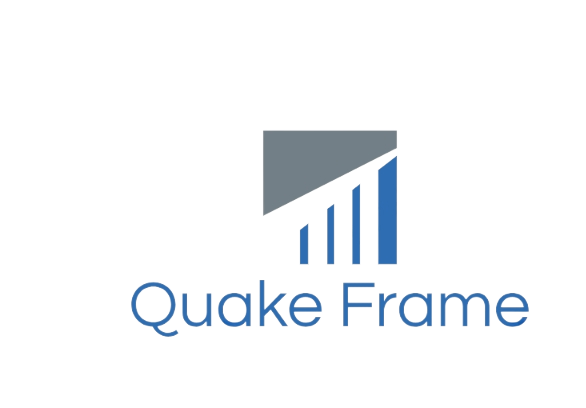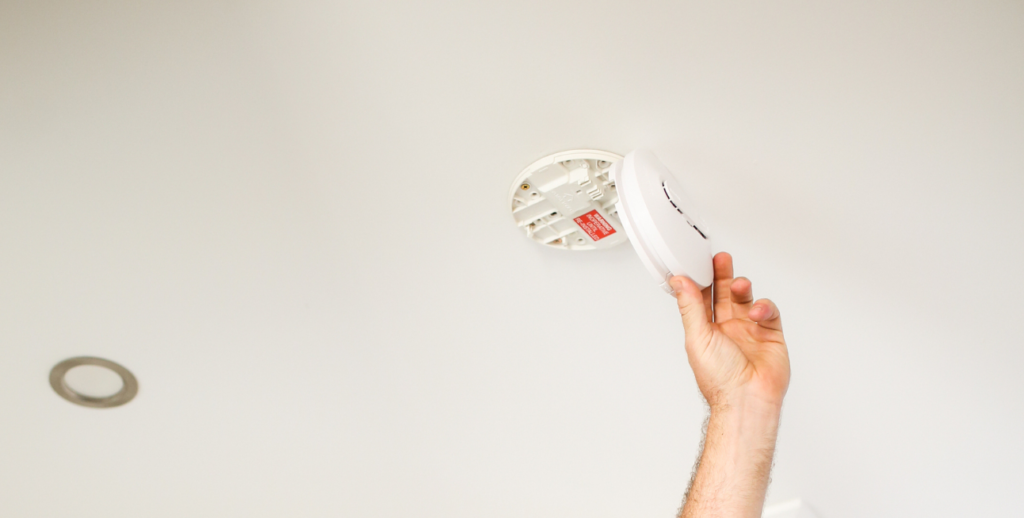Smoke alarms play a crucial role in ensuring the safety of residential properties. In Queensland (QLD), specific regulations are in place to safeguard residents from fire hazards. This blog aims to provide clarity and understanding regarding QLD smoke alarm regulations.
Understanding QLD Smoke Alarm Regulations
History and Evolution
Over time, QLD has implemented and refined smoke alarm regulations to enhance fire safety measures. These regulations have evolved based on extensive research and insights into fire prevention.
Approved Types of Smoke Alarms
QLD regulations approve two primary types of smoke alarms:
- Photoelectric Smoke Alarms: These use light sensors to detect smoke particles, providing early warning signs.
- Ionization Smoke Alarms: These detect changes in electrical currents caused by smoke particles.
Placement Requirements:
Proper placement of smoke alarms is crucial for effective detection. Guidelines vary based on the property’s different areas, such as bedrooms, hallways, and living areas. Compliance with these guidelines ensures optimal coverage.
Benefits of Interconnecting Smoke Alarms:
Interconnected smoke alarms provide increased safety by enabling simultaneous detection and notification throughout the property. Early detection enhances evacuation procedures, potentially saving lives.
Compliance and Responsibilities
Obligations for Property Owners and Landlords
Property owners and landlords have specific responsibilities under QLD smoke detector regulations. These include ensuring compliance with regulations for both existing and new/renovated properties.
Certification and Compliance Processes
Engaging licensed professionals for smoke alarm installation and maintenance is crucial. Regular testing and maintenance are required to ensure the alarms are in proper working condition.
Consequences of Non-Compliance
Non-compliance with smoke alarm regulations can result in penalties and fines for property owners. It can also impact insurance coverage, putting both residents and property at risk.
Benefits and Impact
Enhancing Safety and Minimizing Fire-related Risks
QLD smoke alarm regulations significantly contribute to reducing the risk of fire-related incidents. Early detection allows for timely evacuation and minimizes property damage.
Mitigating Fire-related Injuries and Fatalities
Properly installed and maintained smoke alarms save lives by alerting occupants at the earliest stages of a fire. They provide crucial times for evacuation and contacting emergency services.
Promoting Early Detection and Swift Evacuation
Smoke alarms act as vital early warning systems, ensuring occupants have ample time to evacuate before the fire intensifies.
Influence on Property Values and Marketability
Properties with compliant smoke alarm systems have enhanced market value and desirability, as they demonstrate a commitment to safety.
Conclusion
Understanding QLD smoke alarm regulations is crucial for ensuring the safety of residential properties in Queensland. Compliance with these regulations enhances fire safety, minimizes risks, and promotes timely evacuation. By prioritizing smoke alarm compliance, property owners and residents contribute to a safer living environment and protect valuable assets.

